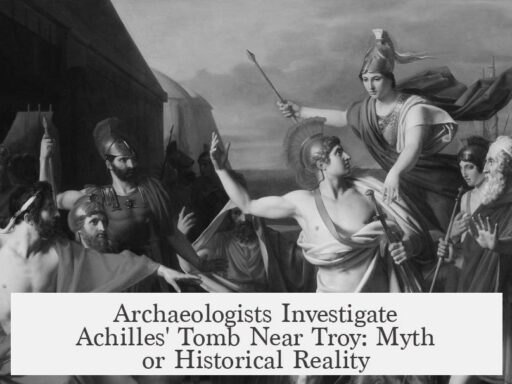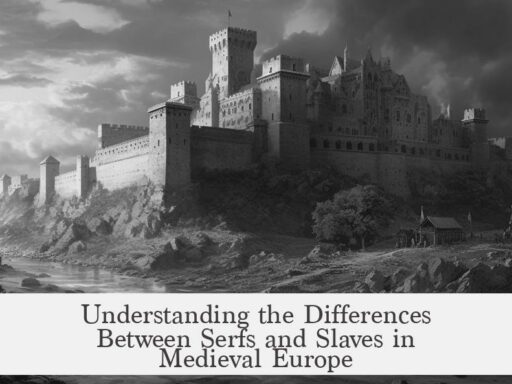Athena was portrayed, worshipped, and thought of differently from Ares partly due to her gender but mainly because of her attributes and cultural role in Greco-Roman mythology. Unlike Ares, who personified violent, chaotic warfare, Athena embodied wisdom, strategy, and disciplined combat. These differences influenced how ancient peoples engaged with each deity despite both representing war.
Athena’s gender did not limit her role as a war deity in the Greek mindset. The Greeks separated divine nature from human gender norms, allowing Athena full capacity as a warrior. Mythology depicts her as a powerful fighter, often shown in full armor, born fully armed from Zeus’s head. This origin story underlines her association with intellect and tactical warfare rather than mere bloodlust.
Ancient Greeks generally did not impose human gender constraints on gods. Deities could take any form and possess the traits they symbolized regardless of gender. Athena’s femininity coexisted with martial strength, an accepted concept in Greek religion due to the gods’ supernatural essence. Artemis, another female deity, similarly mastered traditionally male-associated skills like archery.
In mythology and cult practices, Athena is not simply a goddess of war but a protector of city life and justice. She supported heroes such as Perseus and Odysseus, helping them succeed through wisdom and foresight. This cultivated wisdom and patronage of civilization set her apart from Ares, who was linked to brute force and violence. Despite being a war god, Ares was less popular and often avoided in worship due to his negative traits associated with chaos and destruction.
| Aspect | Athena (Minerva) | Ares (Mars) |
|---|---|---|
| Role in War | Strategic warfare, discipline, protection of cities | Raw aggression, chaos, indiscriminate violence |
| Worship | Widely revered, patroness of Athens, associated with peace and justice | Limited cult, shrines were small and remote |
| Portrayal | Virgin goddess, born from Zeus’ head, armored | Violent, destructive, epitome of battle frenzy |
| Cultural Perception | Respected strategist, symbol of wisdom and skill | Feared, less warmly regarded by Greeks |
| Roman Equivalent | Minerva – goddess of wisdom and war crafts | Mars – more prominent war god, also linked to agriculture and growth |
Athena’s worship included public festivals, such as the Panathenaia in Athens, which celebrated her as protector of the city-state and patroness of crafts and wisdom. These festivals emphasized her civic role rather than solely a martial one. Her temples had distinguished artistic and symbolic significance reflecting respect for her intellect and protective qualities.
In contrast, Ares, though identified with the Roman god Mars, held a lesser role in Greek worship. Romans elevated Mars far beyond Greek Ares by associating him with agriculture, growth, and Roman military expansion. Ares in Greece was often seen as a dangerous force to be kept away rather than an ally in battle. Accordingly, shrines to Ares were fewer and placed in obscure locations. His myths focus on his failures and destructive nature more than noble deeds.
Warriors in ancient Greece sought divine support pragmatically. They invoked gods believed likely to aid based on local traditions, recent festivals, or immediate circumstances. Athena was frequently invoked for her wisdom and protective power in battle. Ares, because of his association with violence and chaos, was rarely prayed to for aid. Other deities like Zeus, Herakles, Apollo, or even Dionysos were invoked according to context, underscoring a complex view of divine warfare support.
Athena’s gender and characterization as a virgin goddess did not restrict her warlike attributes. Nor did it reduce her prominence in religion or myth. Instead, it highlighted a complementary role to male war deities; she represented order, justice, and intellect in warfare. This contrasted sharply with the negative and less favored image of Ares as a symbol of bloodshed. Athena’s qualities aligned her more closely with civic values, heroism, and strategic success.
This nuanced perception reflects ancient Greek views on divinity not bounded by human gender norms but by qualities they valued or feared. Athena’s figure reconciled femininity with martial prowess, making her a unique deity embodying both war and wisdom. Roman Minerva inherited these traits while Mars’ character diverged towards a more multifaceted patron of both war and societal growth.
- Athena’s gender did not limit her martial powers in Greek thought.
- She represented strategic warfare and wisdom, contrasting Ares’ chaotic violence.
- Athena was widely worshipped with significant civic and cultural roles.
- Ares was less favored, associated with destructive aspects of war.
- Romans elevated Mars beyond Greek Ares, while Minerva mirrored Athena’s traits.
- Warriors invoked multiple deities, showing flexible divine support in battle.
- Athena’s virginity and wisdom framed her unique role in war and society.


